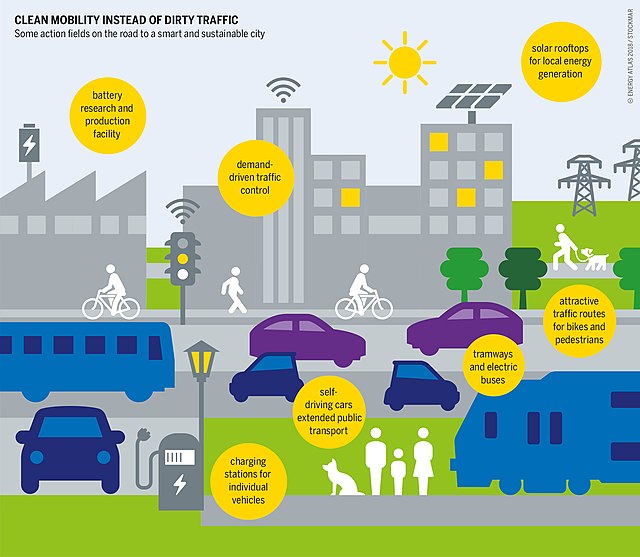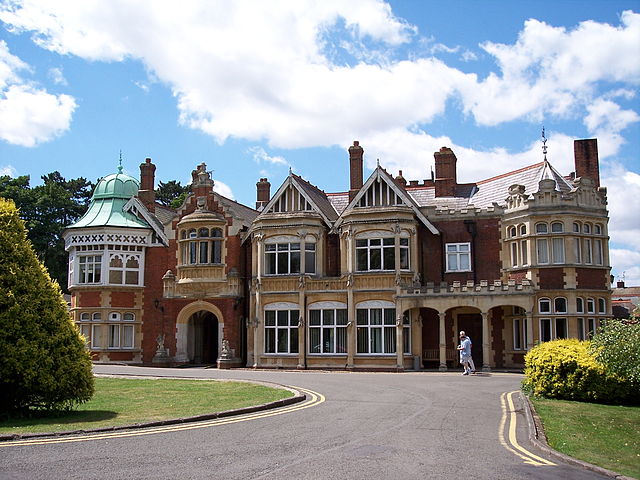National Smart Cities Mission is an urban renewal and retrofitting program by the Government of India with the mission to develop smart cities across the country, making them citizen friendly and sustainable. The Union Ministry of Urban Development is responsible for implementing the mission in collaboration with the state governments of the respective cities. The mission was planned to include 100 cities, with the deadline for completion of the projects set between 2019 and 2023. As of September 2023, 6188 out of total 7960 tendered projects have been completed, utilizing ₹113,721 crores out of total tendered amount of ₹171,432 crore.
Smart Cities Mission
Prime Minister Narendra Modi at the launch of Smart Cities Mission in 2015
A smart city is a technologically modern urban area that uses different types of electronic methods and sensors to collect specific data. Information gained from that data is used to manage assets, resources and services efficiently; in return, that data is used to improve operations across the city. This includes data collected from citizens, devices, buildings and assets that is processed and analyzed to monitor and manage traffic and transportation systems, power plants, utilities, urban forestry, water supply networks, waste, criminal investigations, information systems, schools, libraries, hospitals, and other community services. Smart cities are defined as smart both in the ways in which their governments harness technology as well as in how they monitor, analyze, plan, and govern the city. In smart cities, the sharing of data is not limited to the city itself but also includes businesses, citizens and other third parties that can benefit from various uses of that data. Sharing data from different systems and sectors creates opportunities for increased understanding and economic benefits.

Possible scenario of smart and sustainable mobility
Bletchley Park is often considered to be the first smart community.




